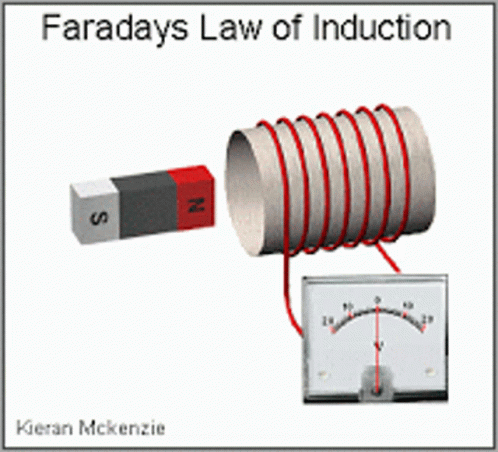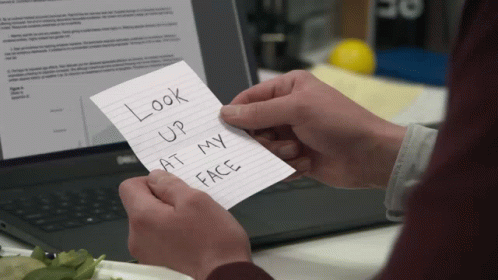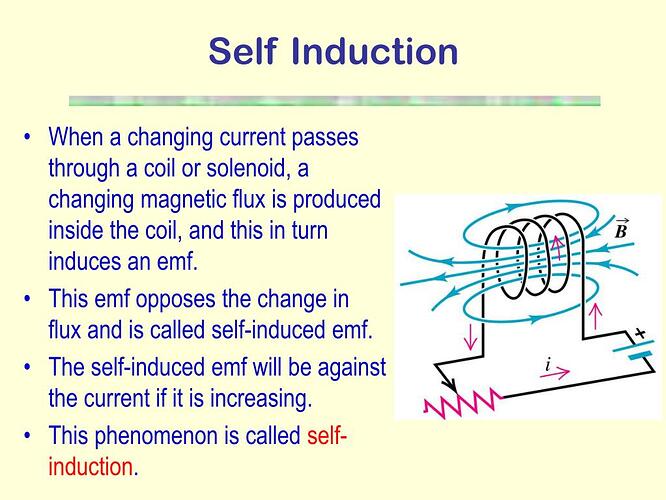
i died lmao
I know, for some reason, I laughed out loud when I read it. Just hits you.
My brain imagines George Costanza saying the last line, for whatever reason
Well it ain’t gonna induct itself


What a time to be alive
Don’t know which thread
https://twitter.com/NBCNews/status/1613721932263825408?ref_src=twsrc^google|twcamp^serp|twgr^tweet
Hasboro going to kill D&D
Last week, Gizmodo’s Linda Codego obtained a copy of “version 1.1” of the OGL and reported that the changes were far more onerous and dramatic than Wizards had suggested. According to its reading of the new version, the OGL 1.1 requires independent publishers to report their financial data to Wizards and gives the company the right to siphon off a portion of their revenue past a certain level. They noted that while the original OGL only totaled around 900 words, the new iteration runs closer to 9,000.
Perhaps the greatest change comes with the original OGL, which still applies to previous generations of D&D products and countless third-party products. That version promised a “perpetual, worldwide, non-exclusive license” to the d20 system and some of its source material. Under the new OGL, however, the original OCL license is “no longer an authorized license agreement” and “no longer in force.” That could place dozens of independent publishers in legal jeopardy if they continue to rely on previous versions of the d20 system to sell new products. How that change affects their existing products isn’t immediately clear.
Those who stick with the existing system have to play by Wizards’ rules. Crowdfunded campaigns for new rule books and adventure guides by third-party creators, for example, must give between 20 and 25 percent of their revenue to Wizards. Independent publishers must give a similar slice of any revenue over $750,000 to Wizards directly. Creators large and small who sell new materials under the OGL must label specifically which portions of them fall under the OGL and which are their own intellectual property, as if to make things easier for Hasbro’s in-house counsel to figure out who to sue.
Perversely, while it is still officially described as an “Open Gaming License,” the net effect is quite the opposite. Independent publishers who release books and materials under the new OGL must give Wizards a “nonexclusive, perpetual, irrevocable, worldwide, sub-licensable, royalty-free license to use that content for any purpose.” That would theoretically allow Wizards to print and sell any third-party material developed under the new OGL without sharing any of that revenue with the original creator. The addition of “irrevocable” is particularly pointed in the context of what it is changing: A legal status quo that had allowed an entire industry to flourish may soon be gone forever
Hasbro has been fucking Magic for a while too now. Sad.
The American right in two tweets:
https://twitter.com/catturd2/status/1610058775712473096?t=LnvuDUkVpzNyAFYvu5CP2Q&s=19
https://twitter.com/catturd2/status/1613557194342924290?t=szrKxksCRGrrlqnVMOeTIQ&s=19
Hardcore
cohmical

So cool.


